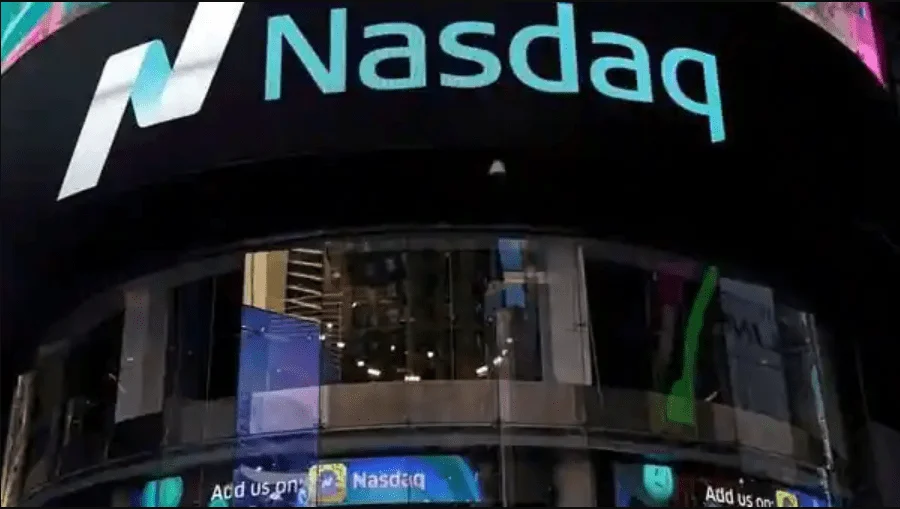NASDAQ, along with Finnhub and Tiingo, will provide its price feeds to DeFiChain, an open-source decentralized financial infrastructure (DFI) platform based on the Bitcoin network.

Despite the fact that tokenized equities have had a rocky few months from a legal standpoint, legacy financial institutions and proponents of decentralized finance (DeFi) have continued to sign new agreements, according to Bloomberg.
Nasdaq, Finnhub, and Tiingo are among the companies that will be contributing their pricing feeds to DeFiChain, a decentralized financial platform built on the Bitcoin (BTC) network, according to a report published today by Bloomberg.
Tokenized equities that match to the underlying price of large publicly traded companies such as Tesla, Amazon, and Apple are available for trading on the DeFiChain cryptocurrency exchange.
Investors can purchase fractional shares of the tokenized equities, which are identical to a now-retracted offering launched by Binance earlier this year, without having to purchase a full traditional share for which they would need to have a physical share certificate.
In order to avoid the use of an intermediary and to save costs, the tokenized stocks are collateralized by cryptocurrencies.
They can also be purchased in the form of decentralized loans. When a tokenized stock, which is available for trading 24/7, is purchased, the purchaser does not gain ownership of the underlying asset, but rather gains the ability to profit from changes in the asset’s value.
DFI, the DeFiChain native token, as well as Bitcoin and the dollar-pegged stablecoin USD Coin are used in the decentralized stock trading system provided by the company (USDC).
As stated by Julian Hosp, one of the platform’s co-founders, the offering will open the doors to many consumers who have been dissatisfied by traditional marketplaces. Advocates such as Hosp, on the other hand, will increasingly have to deal with the growing attention regulators are devoting to the DeFi space.
In a recent announcement, it was reported that the Securities and Exchange Commission of the United States was looking into the startup behind Uniswap, which operates the world’s largest decentralized cryptocurrency exchange (DEX).
In late July, the platform announced that it would be delisting a large number of tokens and tokenized stocks due to increasing regulatory demands.
Early this month, Binance halted sales of its highly popular stock tokens, which represented fractions of equity shares in companies like Tesla and Coinbase. This was due to pressure from Hong Kong’s securities regulator, as well as reports that European and British regulators were looking into the offering.
